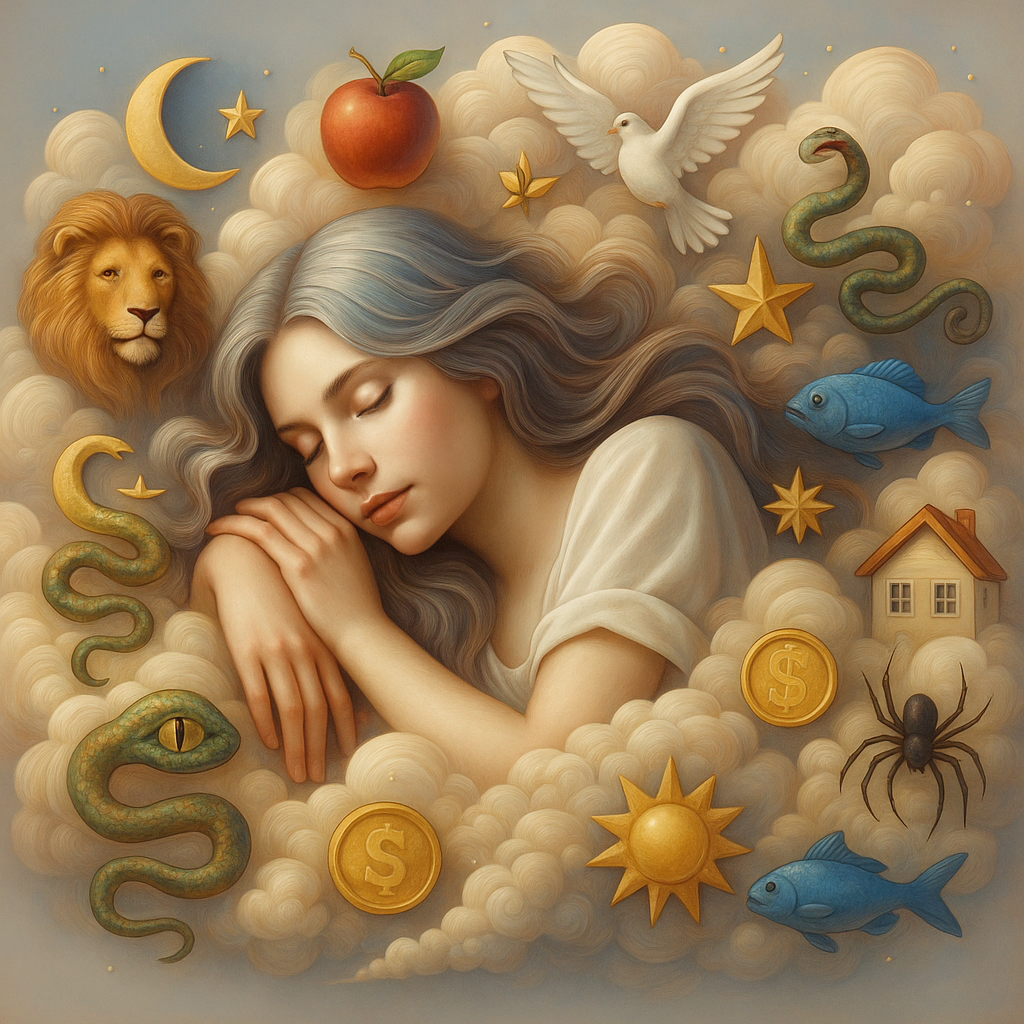 No Relevant Dream Interpretation Found!
No Relevant Dream Interpretation Found!We couldn't find a dream interpretation related to 'somebody'.
Please try searching with another symbol, rephrasing your query, or using the English equivalent of your symbol to get better results.
You can also explore our Dream Categories for more interpretations.